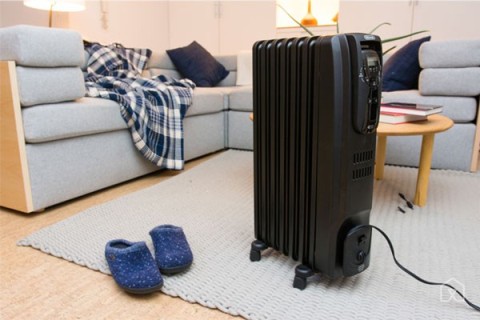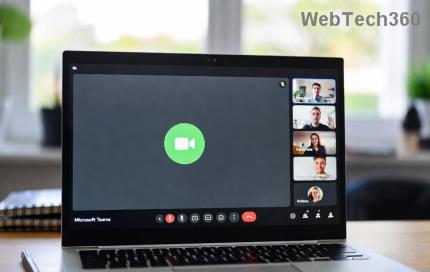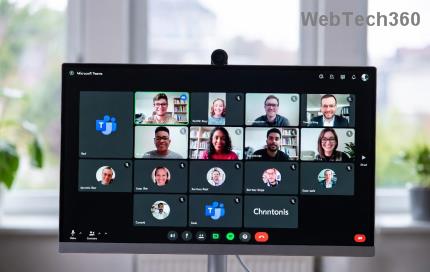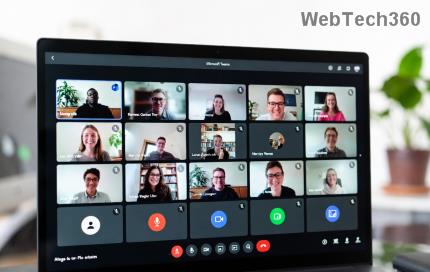Each bank card is marked with important information - number, owner’s name, expiration date, CVC or CVV and a chip, thanks to which payments are made at terminals (including contactless). In order for this information to be preserved, it is important to treat the means of payment with care. A card with damaged data fails prematurely - replacing it requires time, effort and money. Every month, more and more people are abandoning plastic in favor of digital wallets to store them, such as https://folio.id. With Foli Wallet you can store your cards right in your phone by using this app. It also allows you to store documents, gift cards etc. You can download it for iOS or Android. Despite this, the number of bank cards issued is growing rapidly - we shared statistics in one of our recent news releases.
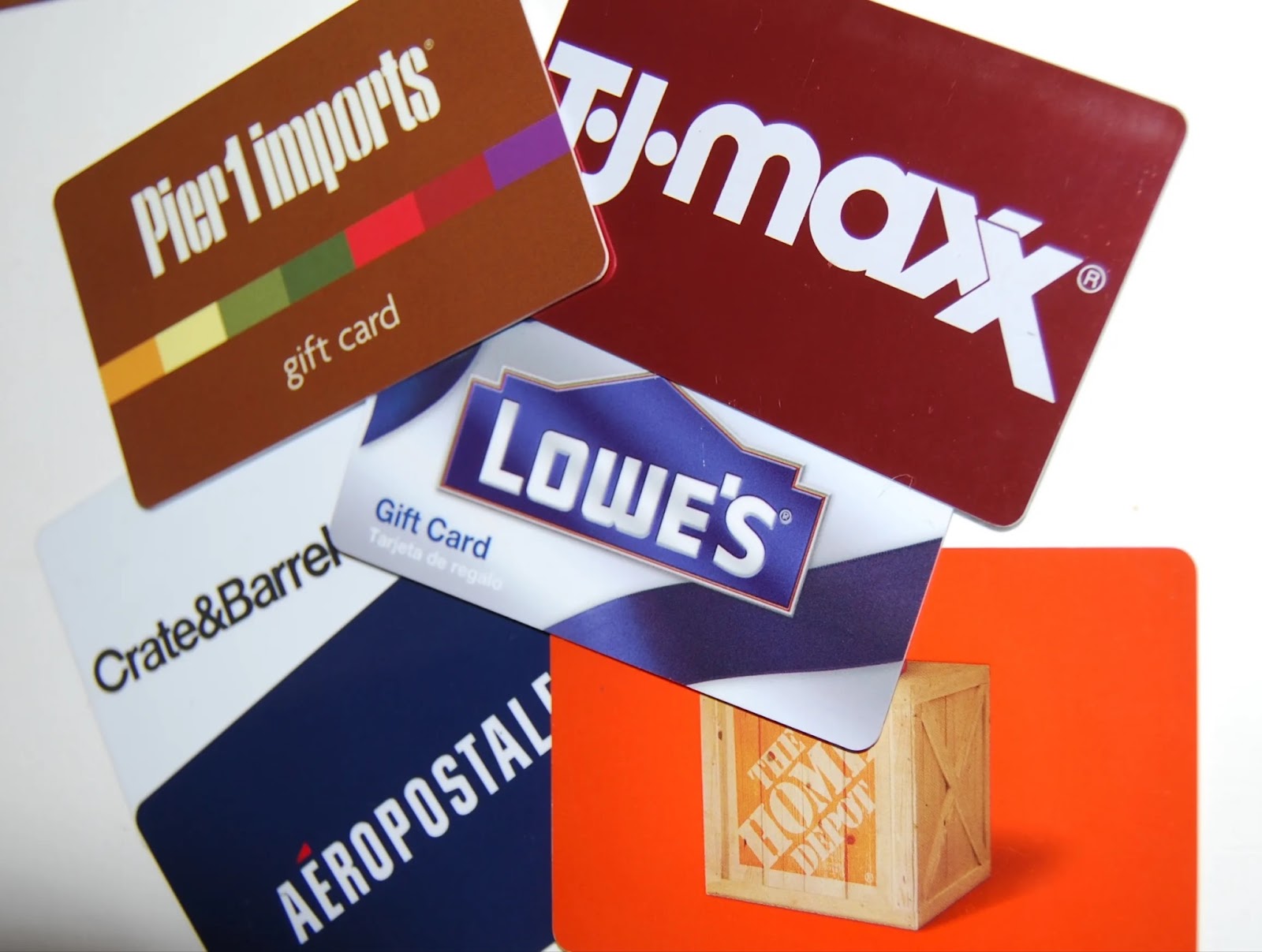
So, it is highly not recommended:
-
keep the plastic card for a long time at temperatures below -20°C (there is a risk that a crack will appear on the plastic);
-
leave the card in direct sunlight for a long time (for example, on window sills and other open surfaces);
-
Store the card for a long time at air temperatures above +40°C. The plastic may be deformed - this will cause difficulties when performing operations at ATMs;
-
Place the card near a source of electromagnetic radiation (for example, a microwave oven): the chip may become demagnetized. You should also not carry or store a plastic card in the same wallet (bag, pocket) with magnets;
-
keep the card in your phone case. In this case, the risk of demagnetization is minimal, but there are other threats. If you lose your phone, you will also lose your card - scammers will be able to gain access not only to the payment instrument itself, but also to the banking application, because many of them allow you to change the password by entering the card number and code from SMS: this opportunity will be available to scammers. If your phone is stolen, immediately block your SIM card. If there was a bank card with him, you need to block it too. This can be done by calling a phone shop and bank from any available number (or by visiting the nearest office in person).
Storing cards with other bank cards
Cards released before 2015 could indeed become demagnetized when placed near other cards. Since 2015, manufacturing technology has changed: there is no need to be afraid that cards will “go bad” if they are in the same wallet.
Bank employees constantly warn that storing a PIN code next to a bank card is strictly prohibited ! Let us remind you: if you lose your wallet or it is stolen, you will immediately lose all your savings, and the bank will most likely refuse to reimburse them, since in fact the holder of the bank card himself violated the rules for storing it - he compromised personal information. If a bank card, the PIN code for which is unknown, falls into the hands of fraudsters, its holder has more time to protect and preserve the finances in the account - block the card and tell a bank employee about the situation.
It is recommended to set limits (for transfers and payments per day, as well as for transfers and payments without entering a PIN code). If a financial organization allows a transfer to be made in excess of the limit, then all responsibility for the transaction will be on it - it will have to compensate for such payment or transfer.
The card data has been erased from the plastic. Where can I see them?
In the mobile application or in your personal account on the bank’s website.
The plastic card is broken: what to do?
Contact the bank and order a reissue. Please keep in mind that there may be a fee. It usually takes banks from several days to several weeks to produce a new means of payment.







